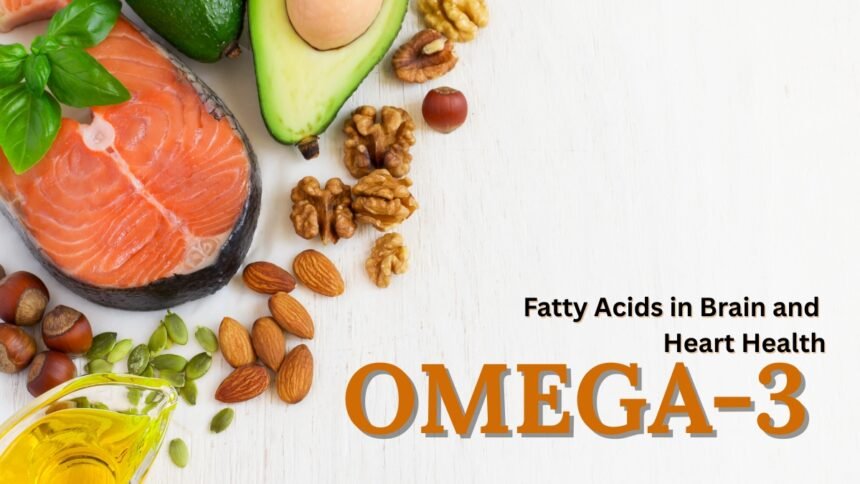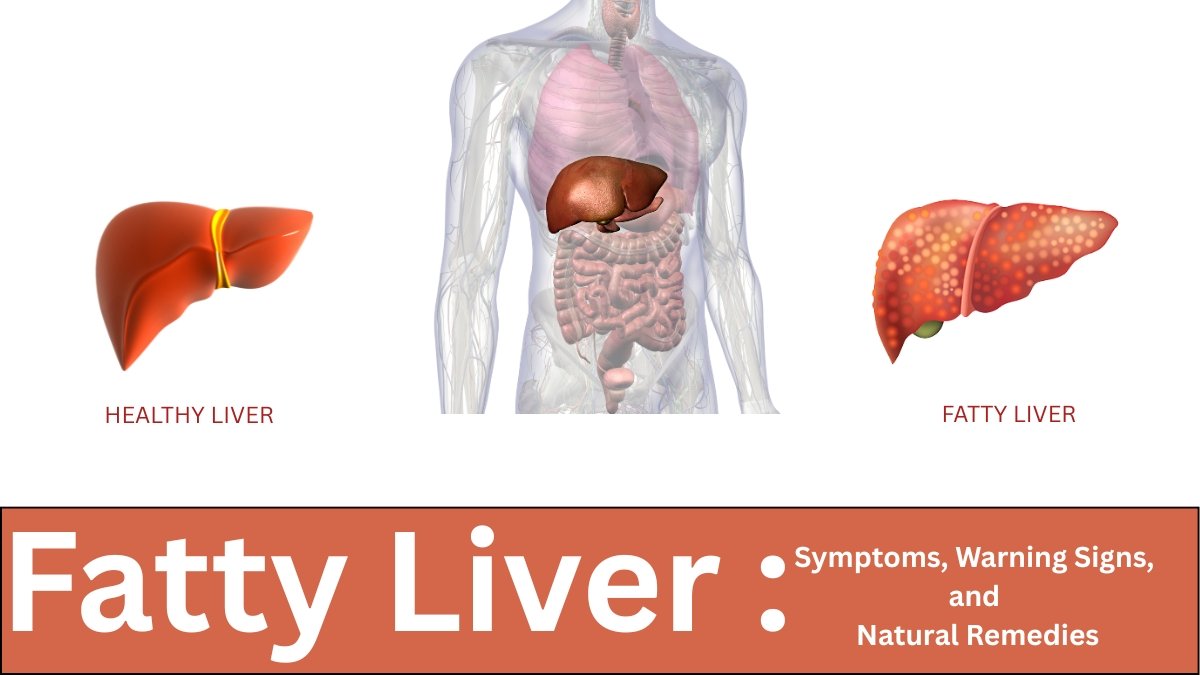Introduction
Omega-3 fatty acids are essential nutrients that play a crucial role in maintaining optimal brain and heart health. These polyunsaturated fats, primarily found in fatty fish, certain plant oils, and supplements, have been extensively studied for their numerous health benefits. From enhancing cognitive function to reducing the risk of heart disease, omega-3s are vital for overall well-being.
READ MORE :- 7 Superfoods That Fight Inflammation and Chronic Pain Naturally
Understanding Omega-3 Fatty Acids
Omega-3 fatty acids are categorized into three main types:
- Eicosapentaenoic acid (EPA): Primarily found in fish and seafood, EPA plays a significant role in reducing inflammation and supporting heart health.
- Docosahexaenoic acid (DHA): Also abundant in fish, DHA is crucial for brain development and function.
- Alpha-linolenic acid (ALA): Found in plant sources like flaxseeds and walnuts, ALA can be converted into EPA and DHA, though the conversion rate is relatively low.
Omega-3 Fatty Acids Benefits
1. Heart Health
Omega-3 fatty acids have been shown to:
- Lower triglyceride levels.
- Reduce blood pressure.
- Decrease the risk of arrhythmias.
- Slow the development of plaque in the arteries.
Incorporating omega-3s into your diet can significantly reduce the risk of heart disease.
2. Brain Health and Cognitive Function
DHA, in particular, is a major structural component of the brain. Adequate intake of omega-3s supports:
- Enhanced memory and learning capabilities.
- Reduced risk of cognitive decline and Alzheimer’s disease.
- Improved mood and mental health.
Best Omega-3 Foods for Brain Health
Incorporating the following foods into your diet can boost your omega-3 intake:
- Fatty Fish: Salmon, mackerel, sardines, and anchovies are rich in EPA and DHA.
- Chia Seeds: High in ALA, they can be easily added to smoothies and cereals.
- Flaxseeds: Ground flaxseeds are a versatile addition to baked goods and yogurts.
- Walnuts: A convenient snack that provides a good amount of ALA.
Omega-3 Supplements for Heart Health
For individuals who may not consume enough omega-3-rich foods, supplements can be beneficial. Fish oil supplements are the most common, providing both EPA and DHA. When choosing a supplement:
- Look for products that have been third-party tested for purity.
- Consider the EPA and DHA content per serving.
- Consult with a healthcare provider to determine the appropriate dosage.
Fish Oil Benefits for Brain
Fish oil supplements have been associated with:
- Improved cognitive performance.
- Reduced symptoms of depression and anxiety.
- Slowed progression of age-related cognitive decline.
Omega-3 for Heart Disease Prevention
Regular consumption of omega-3s can:
- Reduce the risk of coronary heart disease.
- Lower the likelihood of heart attacks and strokes.
- Improve overall cardiovascular function.
Best Omega-3 Supplements for Heart Health
Some top-rated omega-3 supplements include:
- Nordic Naturals Ultimate Omega: Known for its high EPA and DHA content and purity.
- Viva Naturals Omega-3 Fish Oil: Offers a high concentration of omega-3s per serving.
- Dr. Tobias Omega-3 Fish Oil: Triple-distilled for purity and free from heavy metals.
Omega-3 Dosage for Brain Health
The recommended daily intake varies:
- General Health: 250–500 mg of combined EPA and DHA.
- Cognitive Support: Up to 1,000 mg of DHA may be beneficial.
Omega-3 Fatty Acids and Memory Function
Studies have shown that higher omega-3 intake is linked to:
- Better memory retention.
- Improved processing speed.
- Enhanced overall cognitive performance.
Omega-3 Sources for Heart Health
To support heart health, consider these omega-3-rich foods:
- Sardines: High in EPA and DHA.
- Tuna: A convenient source of omega-3s.
- Chia Seeds: Provide ALA and are easy to incorporate into meals.
Fish Oil vs. Krill Oil for Heart Health
Both fish oil and krill oil are excellent sources of omega-3s:
- Fish Oil: Widely available and typically contains higher concentrations of EPA and DHA.
- Krill Oil: Contains astaxanthin, an antioxidant, and may be more easily absorbed.
The choice between the two depends on individual preferences and specific health needs.
Omega-3 Fatty Acids for Cognitive Function
Regular intake of omega-3s supports:
- Neuroplasticity, enhancing the brain’s ability to adapt and form new connections.
- Reduction in neuroinflammation, which is linked to cognitive decline.
- Overall mental clarity and focus.
Omega-3 Rich Foods for Heart Health
Incorporate these foods into your diet for cardiovascular benefits:
- Salmon: A top source of EPA and DHA.
- Flaxseeds: Rich in ALA and fiber.
- Walnuts: Provide ALA and support heart health.
Omega-3 and Mental Health Benefits
Omega-3 fatty acids have been linked to:
- Reduced symptoms of depression and anxiety.
- Improved mood stability.
- Enhanced response to antidepressant medications.
Heart-Healthy Omega-3 Supplements
When selecting a supplement:
- Ensure it contains adequate amounts of EPA and DHA.
- Check for third-party testing to confirm purity.
- Consider additional ingredients like vitamin E for added antioxidant benefits.
Omega-3 Dosage for Heart Health
For cardiovascular benefits, the recommended daily intake is:
- General Heart Health: 1,000 mg of combined EPA and DHA.
- High Triglyceride Levels: 2,000–4,000 mg under medical supervision.
Conclusion
Omega-3 fatty acids are indispensable for maintaining optimal brain and heart health. By incorporating omega-3-rich foods into your diet and considering supplementation


















